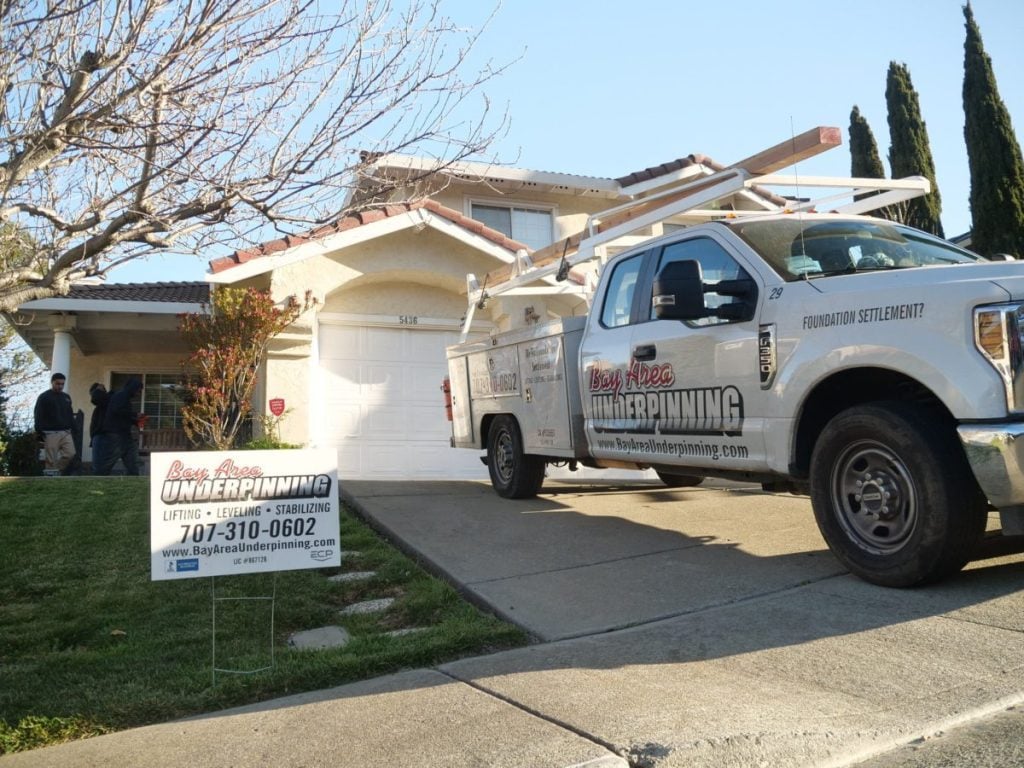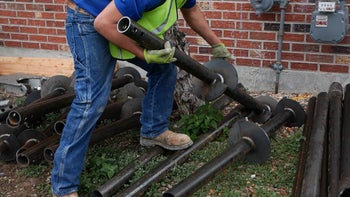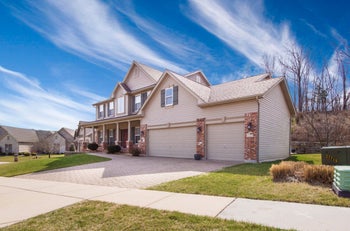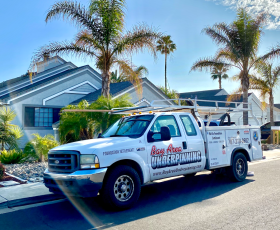Does Foundation Repair Affect Home Value?
Table of Contents
1. Does Foundation Repair Affect Home Value?
2. Foundation Repair Increases A Home’S Structural Integrity
3. So, What Causes Differential Settlement?
4. Buying And Selling A Home With Foundation Problems
5. Common Signs Of Foundation Trouble
6. Tips For Preventing Foundation Trouble

So, does foundation repair affect home value or not? Yes, foundation repair done correctly will preserve your home’s value.
Foundation problems can lower the value of your home. So, you would think that if you fix the problem, the value of your home should go up, right? In theory this is what should happen. However, it usually doesn’t. That doesn’t mean you shouldn’t get your foundation repaired though. Foundation repair will keep the value of your home from decreasing.
In this article, we’re going to talk about how foundation problems and foundation repair affect a home’s value, buying and selling a house with foundation problems, common signs your home has a foundation issue and more.
Does Foundation Repair Affect Home Value?
Yes, foundation repair affects your home’s value by preventing it from decreasing. This makes sense because any foundation problem will decrease your home’s value.
A house with a foundation repair is often easier to sell because buyers know the home’s structural integrity is sound. Even better if the repair is under warranty and transferrable to the new owner. Homes with foundation problems that haven’t been repaired are always harder to sell and will sell for less than homes with foundations that have already been fixed.
Foundation Repair Increases A Home’S Structural Integrity
A foundation repair prevents your home’s value from decreasing by increasing the building’s structural integrity. Foundation problems affect structural integrity, and most issues are caused by a phenomenon known as differential settlement. Differential settlement happens when one area of the home’s foundation sinks into the soil. This puts tremendous stress on the foundation and will cause various issues, doors and windows that don’t open and close properly, ceiling cracks, and possible floor cracks, etc.
So, What Causes Differential Settlement?
Differential settlement happens when the soil under the foundation moves. The movement might be caused by:
- Expansive soil – This is soil with a lot of clay in it. It swells when it absorbs moisture and then shrinks when it dries out. This swelling-shrinking cycle creates movement under the foundation, leading to differential settlement.
- Inadequate soil preparation before construction – Soil needs to be tamped down before construction. If this isn’t done correctly, it could lead to differential settlement after the home is built.
- Natural disasters – We probably don’t need to explain this one.
- Excavation next to the foundation – If your neighbor decides to dig a big hole too close to your home, it could destabilize the soil leading to differential settlement.
- Weather changes after construction – If the home was built on expansive soil during the dry season, the soil will expand again when the wet season comes around. This could lead to differential settlement.
Differential settlement lowers a home’s value and will make it harder to sell. Repairing differential settlement will, therefore, affects the home’s value by preventing it from decreasing. For more information about differential settlement see, Foundation Settlement.

Buying And Selling A Home With Foundation Problems
If you’re selling a home that needs a foundation repair, you have two choices: Fix the problem first or sell the home as-is. We have an entire blog article on How To Sell A House With Foundation Problems.
If you’re buying a home…
Never sign anything without first having the foundation inspected by either an experienced foundation repair contractor or a structural engineer. If there is a foundation problem, you can use that to make a lower offer. For more information, see Buying A House With Foundation Issues: Read This Before You Sign.
Common Signs Of Foundation Trouble
Common signs your home might have a foundation problem include:
- Uneven floors – These don’t have to be easily noticeable. Even a slightly unleveled floor is a sign something is going on with the foundation.
- Cracks in walls, floors, and ceilings – Floor cracks limited to one or two tiles were probably caused when something fell on the floor. Hairline cracks might have been caused by paint build-up. Larger cracks should always be inspected by a foundation repair contractor or a structural engineer. A floor crack that runs wall to wall was almost certainly caused by foundation movement.
- Doors and windows that no longer open and close properly – If it’s just one door or window, the problem might not be related to a foundation problem.
- Molding pulling away from the ceiling and wall – Even a slight separation should get your attention.
- Ceilings and floors have separated from the wall.
- Bowed walls – If these are basement walls, the cause is likely to be hydrostatic pressure caused by poor drainage around the foundation. Consider installing a drain tile system.
- Torn or wrinkled wallpaper – There might be a crack in the wall behind the wallpaper.
- Diagonal cracks from the corners of doors and windows – If these are hairline cracks, they may have been caused by paint build-up.
- Stair step cracks in brickwork – These are a sure sign of foundation trouble.
- Chimneys and porches pulling away from the house – The problem might be with the foundation under the chimney or porch or the foundation under the house itself.
Tips For Preventing Foundation Trouble
Most foundation problems are caused by excess water in the soil around the foundation. Therefore, you can prevent most foundation problems simply by controlling groundwater around the foundation. Here are a few ways to do that:
- If necessary, regrade your yard so that it slopes away from the foundation. You don’t want water draining toward and soaking into the soil around the foundation.
- Keep vegetation away from the foundation. Those flowers and shrubs might look nice next to the foundation, but when you water them, you’ll add more water to the soil.
- Install downspout extensions so water from the gutters doesn’t get released too close to the foundation. The water should be released no less than four feet from the foundation.
- Clean your gutters regularly so water doesn’t spill over the side of the house and into the soil around the foundation.
- Install a drain tile system. A drain tile system prevents water from building up in the soil around the foundation.
If you think your Northern California home might have a foundation problem, homeowners contact us today for a FREE inspection and repair estimate.
More Resources
Publish Date:
Last Modified Date:

Our Locations
2333 Courage Dr. Suite C
Fairfield, CA 94533
1161 N Fair Oaks Ave
Sunnyvale, CA 94089



